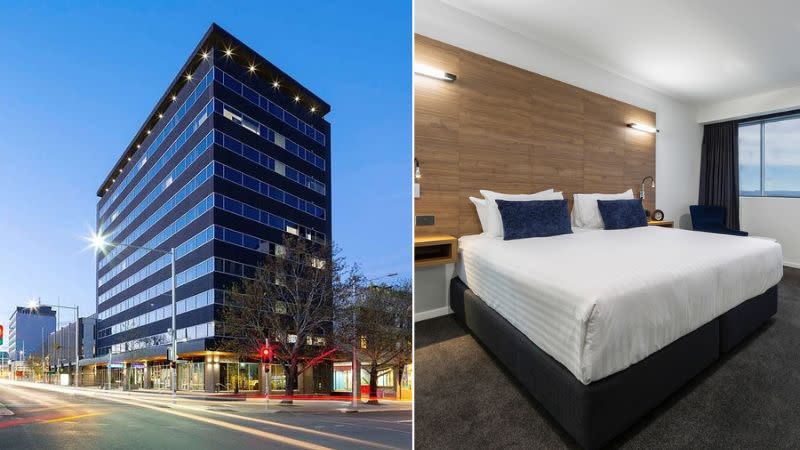Pro-Invest Unveils Co-Living Debut

Real estate asset manager Pro-Invest has unveiled plans to develop a 2000-apartment co-living portfolio with the acquisition and repositioning of 10 hotel and office buildings.
The hotel operator intends to ultimately triple its Flexible Living model to 6000 apartments, matching its existing hotel assets.
It is Pro-Invest’s first move into the residential market, but managing partner Dr Sabine Schaffer says there are some key fundamentals underpinning the decision.
“Everyone is aware of the significant housing supply demand imbalance in place at the moment,” she said.
“Build-to-rent is one way to solve for that, but with that asset class it takes time. It takes between 18 months and two years to get planning approval, and then another 18 to 24 months for the development program.
“That’s three to four years before you see yield return.
“We believe co-living conversion is a quicker way to get that yield-earning stock.”
The group’s Australian portfolio comprises 32 assets, $3 billion in assets under management, and an expertise in new-build construction and hotel and office conversion, which positions the asset manager for the pivot.
“We started to identify assets and most likely our first acquisition will be an office block in Sydney that will be converted to co-living,” Schaffer said.
“We are also looking at a hotel in Melbourne, and another hotel in Canberra.”

Schaffer said the group’s hospitality heritage would be embedded in the co-living assets to provide design, amenity and personalised services to residents.
“This is really a natural extension of what we already do, from procurement to marketing … we already have that platform.
“[Co-living] can piggyback off the functions that we already have in place for our existing assets.”
The co-living opportunities identified will focus on the conversion of existing assets—predominantly hotels of up to 200 units, with new-builds considered where appropriate.
Schaffer said they would focus on identifying underperforming hotel assets that could be quickly and efficiently repositioned, while the hotel-management arm of the business maximised the yield from the asset during planning phase.
The co-living properties will comprise smaller, self-contained studios and one-bedroom apartments with shared facilities and flexible renting.
Schaffer said they would focus on city-fringe areas where ageing hotel and office stock could provide opportunity.
Pro-Invest was looking at B and C-grade office stock in city-fringe areas with smaller floorplates that were easier to convert to co-living, Schaffer said.
The group converted a former office block in Canberra into the Sebel Canberra Civic Hotel.
“This is a great way to recycle the asset and the carbon,” she said.
“Sometimes, particularly in the CBDs of Sydney and Melbourne, the highest and best use of ageing hotels is still hotels.
“But maybe in fringe areas during the past 30 or 40 years it may have become more residential and the natural demand for hotels may not be there.”
Last year PGIM Real Estate announced it was ramping up its co-living portfolio in Australia, partnering with the founders of modular hotel group Tribe, with ambitions of creating a $750-million collection of properties.
The venture has acquired seed assets in Brisbane’s Fortitude Valley and Parramatta in Sydney.















